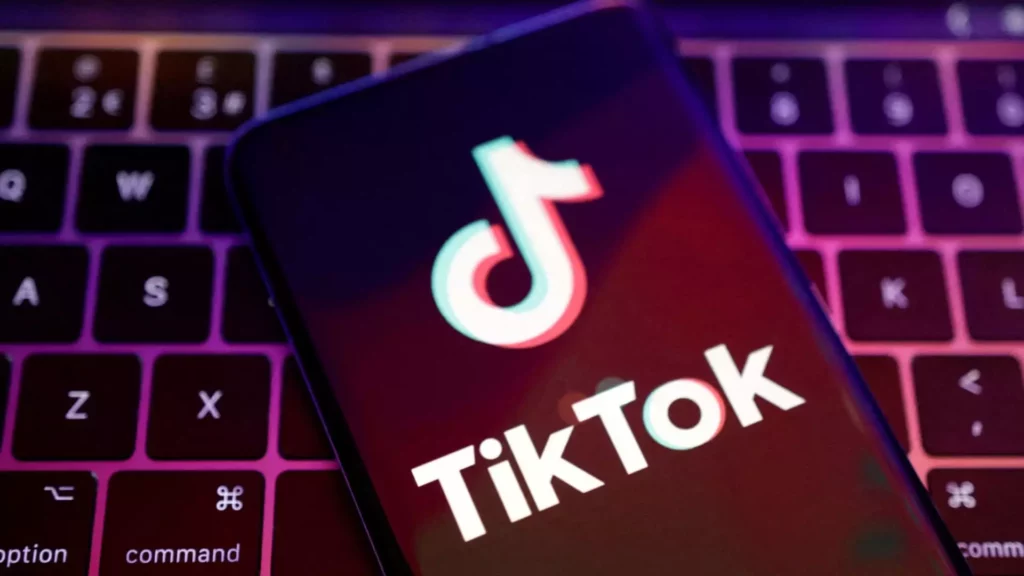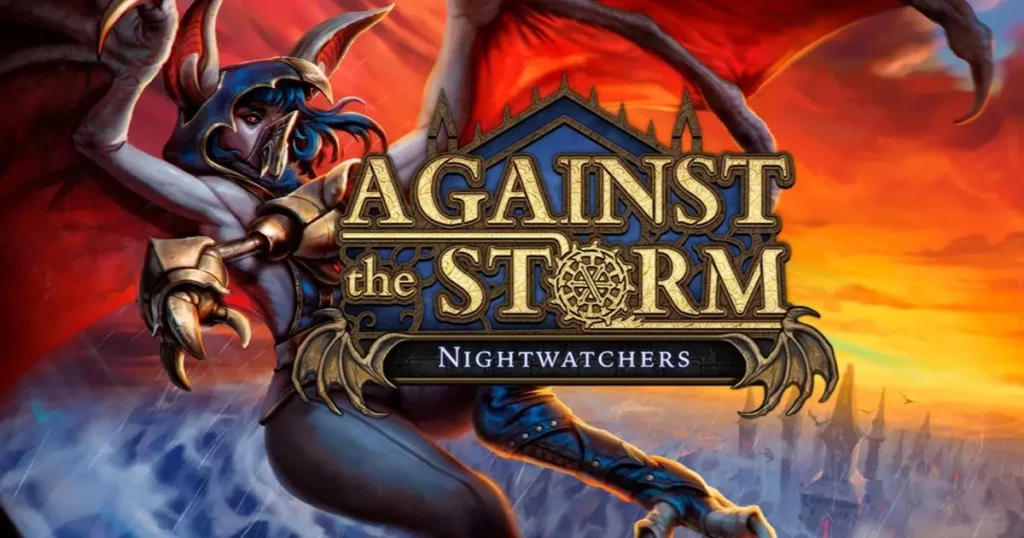At the heart of today’s digital transformation is the acceleration of Artificial Intelligence (AI) technologies, particularly in the realm of chatbots. Once limited to hypothetical discussions, AI chatbots are now central to how companies like Google and Meta are reshaping user interactions online. This phenomenon signifies a profound shift in consumer expectations—users are no longer satisfied with simple, static searches; they crave a more dynamic, conversational engagement. The true potential of AI chatbots lies in their ability to revolutionize not just how we find information online, but also how we navigate our emotions, relationships, and complex queries.
Google’s AI: The Search Engine Reinvented
Google’s recent integration of a ChatGPT-like interface within its Search functionality ought to be viewed as more than just an upgrade; it is indicative of a larger strategy to maintain dominance in the crowded digital sphere. By allowing conversation-driven queries, Google aims to keep users within its ecosystem longer, offering them a more interactive and engaging search experience. However, this shift presents ethical and practical questions. Can a search engine continue to hold user trust when it morphs into something more conversational, blurring the lines between fact and fiction? Most users might embrace this change at face value, but such an intimate interface could pave the way for manipulation or misinformation. The entangled issues of AI ethics and privacy loom large, and they require immediate scrutiny.
Meta’s Emotional Intelligence: Connecting Beyond Information
In contrast, Meta’s new standalone AI app showcases an impressive pivot toward emotional intelligence and interpersonal skills. Mark Zuckerberg emphasizes that while Google focuses on factual inquiries, his platform aims to facilitate emotional conversations and social support. Users are turning to Meta’s AI not just for answers but as virtual companions to navigate their complex social lives. This emphasis on emotional engagement starkly differentiates Meta’s approach from Google’s analytical framework, suggesting a divide in how AI can be utilized—either as an informational tool or as a support system for personal relationships. However, this raises another intriguing dilemma: do we want an AI to understand and predict our emotions? The implications of such powerful emotional algorithms are profound and could lead to unforeseen consequences in human interactions.
User Loyalty: A Battle of Preferences
As these tech giants peddle their distinct AI offerings, a battle for user loyalty is brewing. The question of whether users will shift from Google to Meta or vice versa hinges on personal experiences and preferences. Google’s brand is heavily associated with search excellence and information retrieval, while Meta’s presence flows from social connectivity and emotional support. Users who prefer analytical, data-driven responses may remain loyal to Google, whereas those seeking understanding and nuance may gravitate toward Meta. This duality invokes an almost tribal sense of preference, where the dichotomy of what these platforms offer could lead to hardened loyalties. In an age where our choice of technology begins to define our social identities, the stakes are high.
The Impact of User Experience on AI Evolution
User experience is paramount in the burgeoning landscape of AI chatbots. Google has substantially improved its interface, opting for a visually intuitive design that curates information based on individual preferences. The introduction of features like visual product cards emphasizes a shift towards personalization—a trend many users now expect as standard. Meanwhile, Meta potentially possesses a greater arsenal for personalization through its vast reservoirs of user data from platforms like Facebook and Instagram. Yet, the risk of overstepping into intrusive data collection looms large. Users may shy away from experiences they perceive as invasive, leading to a pushback against overly personalized technology.
Understanding the Metrics: Watching User Behavior
As we delve deeper into this evolving technological framework, understanding user behavior metrics becomes essential. Are users indeed preferring Google’s AI for product inquiries while seeking out Meta for emotional camaraderie? The analytics gathered through AI interactions will provide critical insights into consumer preferences, ultimately informing future technological advancements. Companies must remain agile, ready to pivot based on user feedback and trends. In this fast-paced world of technological evolution, it’s not just about life-improving tools; it’s about life-altering decisions influenced by AI’s intricate understanding of user behavior.
The competition between Google and Meta over the future of AI chatbots is not merely a contest for market share; it is a cultural reckoning about how we interact with technology in our lives. As a society, we must remain vigilant in not only choosing our preferred platforms but also understanding the broader implications that these decisions entail. The ground is shifting beneath our feet, and as consumers, our choices will shape the contours of our interaction with AI for generations to come.









Leave a Reply